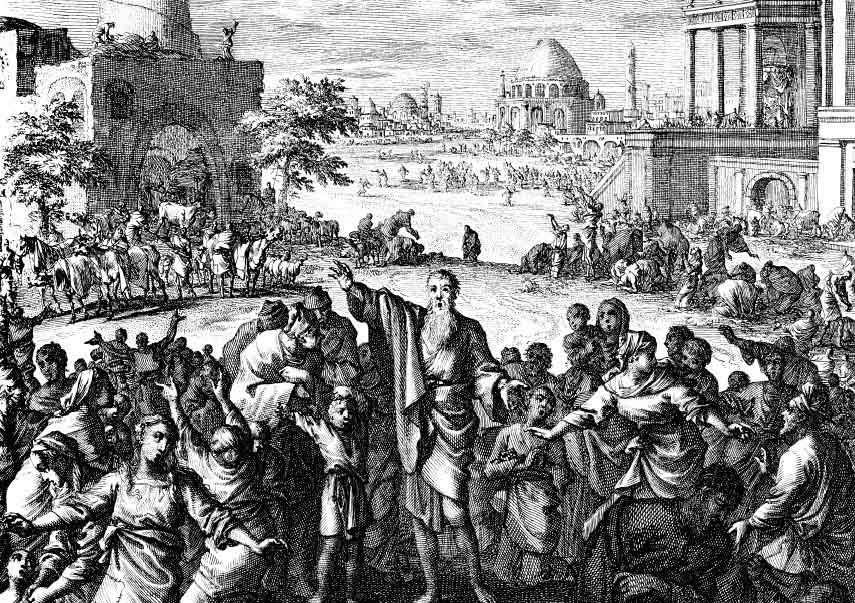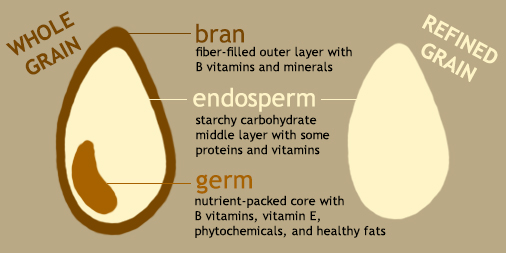I’m sharing below the content of an email I sent yesterday to the pastor of the church we often attend. This past Sunday he used the book of Jonah as the basis for a sermon urging us to move away from self-righteousness. It was a good sermon, but, as you’ll see below, I call attention to the fact that he omitted an important element of the story.
Looking back on what I wrote 24 hours later I recognize that I did get a bit preachy and ended up writing with more than a little ostentation. Nevertheless, I hope the pastor will look past those flaws and be open to the ideas I shared with him. I hope, too, he will reach out for further conversation.
I am also a realistic person. I realize that centuries of Christian theology and interpretation have a momentum all their own. I may have just taken the first steps towards being seen as a “special interest” Christian with his own personal agenda or even as a person who has left the tracks of orthodox Christian faith. We’ll see.
Dear Pastor M—:
Thanks for your sermon this past Sunday.
I appreciate how this series and the several before this have focused on practical topics in the Christian life. The church I was taken to as a child focused almost exclusively on abstract theological doctrines. Not surprisingly, if I’m not careful, I can easily fall back into associating church with esoteric matters and more than a little boredom. So I appreciate the fact that you and other speakers have been candidly tackling topics where the Christian faith intersects with life.
There are two other reasons I write.
The first is that I noticed in your sermon on self-righteousness that you omitted a small but significant dimension of Jonah’s interaction with God and Ninevah. Specifically, you omitted the animals of Ninevah.
When, to Jonah’s dismay, the king of Ninevah hears of Jonah’s judgment on the city and that at least some of the Ninevites were repenting, he uses his authority to make the repentance city-wide. His proclamation calls for the people and animals to neither eat nor drink. It also calls for the people and animals to be covered in sackcloth.
And in the final verses of the book, God speaks wisdom to Jonah who, as you suggested, is the iconic religious jerk. God leaves Jonah (and us) with a rhetorical question: shouldn’t God care about a city which has over 120,000 human residents and also many animals?
The fates of the people and animals of Ninevah are, in other words, intertwined, and God has compassion for them all.

Interestingly enough, in the many images you can find online of Jonah preaching to the Ninevites, it is hard to find any that also pay attention to the animals of Ninevah. This image by Caspar Luiken is an exception, although you have to look a bit carefully to find the livestock. Follow Jonah’s outstretched right hand.
I wish you would have called out the animal elements of the story even briefly.
One of the greatest examples of Christian self-righteousness is our belief that because we have been given dominion over God’s earth that the living things around us are of negligible value and are here only for our pleasure and utility. This, in turn, has led us to rule like tyrants over the earth as a whole and over the patches of Creation that we each have impact on as individuals.
This is not the kind of ruling that God models for us nor that God expects of us. Good rulers care about the health and wellbeing of those they have responsibility for. Good shepherds are examples of what good ruling is all about. And, as Jesus noted, good shepherds are even willing to lay down their lives for their sheep.
That Christians have been some of the most self-righteous in justifying humanity’s violence against God’s earth has communicated something falsely repugnant about the Christian faith. Ironically, a good number of non-Christians I know have an intuitive sense that this is an amazing world and that how a person treats the world reflects the state of that person’s heart. Perhaps they are the modern Ninevites? Perhaps we are the modern Jonahs in this regard?
And here’s the second reason I write. I’d like to encourage our church to make a concerted effort to be more mindful of God’s earth in what is preached, what is taught, and what is lived out as one element of a whole Christian life. How about starting with a sermon series on that topic?
As you can probably tell, this topic is close to my heart. If I can be of any service in that regard, I’d be eager to help.
I’d be happy to share, for example, how many of the most pioneering and influential sustainable livestock grazers in our country today are Christian. This is a story worth telling. By living out their faith in how they farm, they are making the world better and also offering powerful testimony to what being a Christian is all about.
Thanks very much for your unique gifts as a pastor and teacher and your commitment throughout your life to the Church.
Sincerely,
Nathan Aaberg





